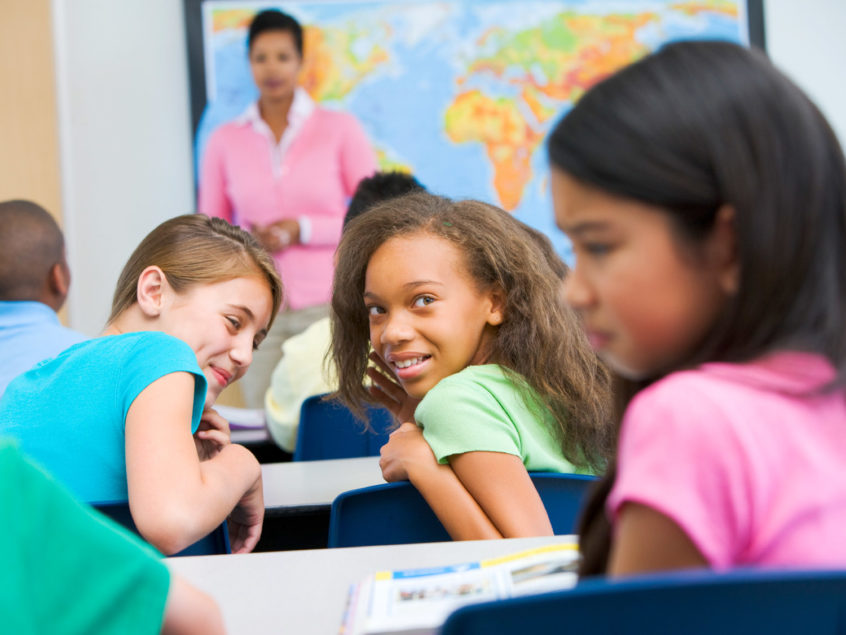It’s that time of year again everyone… back to school! This means that there are likely a million different exciting things running through a child’s mind such as “I need to go school supply shopping!” or “Who will be in my classes this year?” and “I can’t wait to see my friends!” There may however, also be some less than exciting things that a child may think about during the back to school season such as: “I really hope Billy leaves me alone this year” or “I don’t want to get picked on again” and “How am I going to avoid Sarah in the hallways?” These kinds of thoughts are often present in a child that has been a victim of bullying.
According to “StopBullying.gov” bullying is defined as “unwanted, aggressive behavior among school aged children that involves a real or perceived power imbalance (Stopbullying.gov, 2019). Behaviors exhibited by “bullies” can strongly impact a child’s mental state and can have long lasting, negative effects on their lives. It is so important for fellow students, school faculty/staff members and parents to know how to recognize the signs of a child who is being bullied in order to help stop it.
Some common symptoms that children may experience if they are being bullied include:
-No longer wanting to attend school or other social situations.
-Feeling “ill” frequently such as experiencing headaches or stomach aches.
-Changes in personality or becoming more irritable.
-Decrease in grades or effort related to school assignments.
-Mysterious injures.
-Coming home from school extremely hungry or reporting that they did not eat lunch.
-Sleep disturbances.
It is also important to acknowledge that there are numerous forms of bullying that children may fall victim to such as physical, verbal, social and cyber-bullying. Any one of these differing forms of bullying can have a negative impact on a child and can result in any of the symptoms listed above.
During this school year, please do not allow yourself to be a bystander of bullying. It is extremely vital that we continue to educate children on the detrimental effects of bullying and encourage them to seek help as needed. It is also imperative to show them that we are here to support them and aid in their healing process. Parents and friends who are aware, knowledgeable and engaged with their children’s social activities and their educations can help to prevent bullying.

